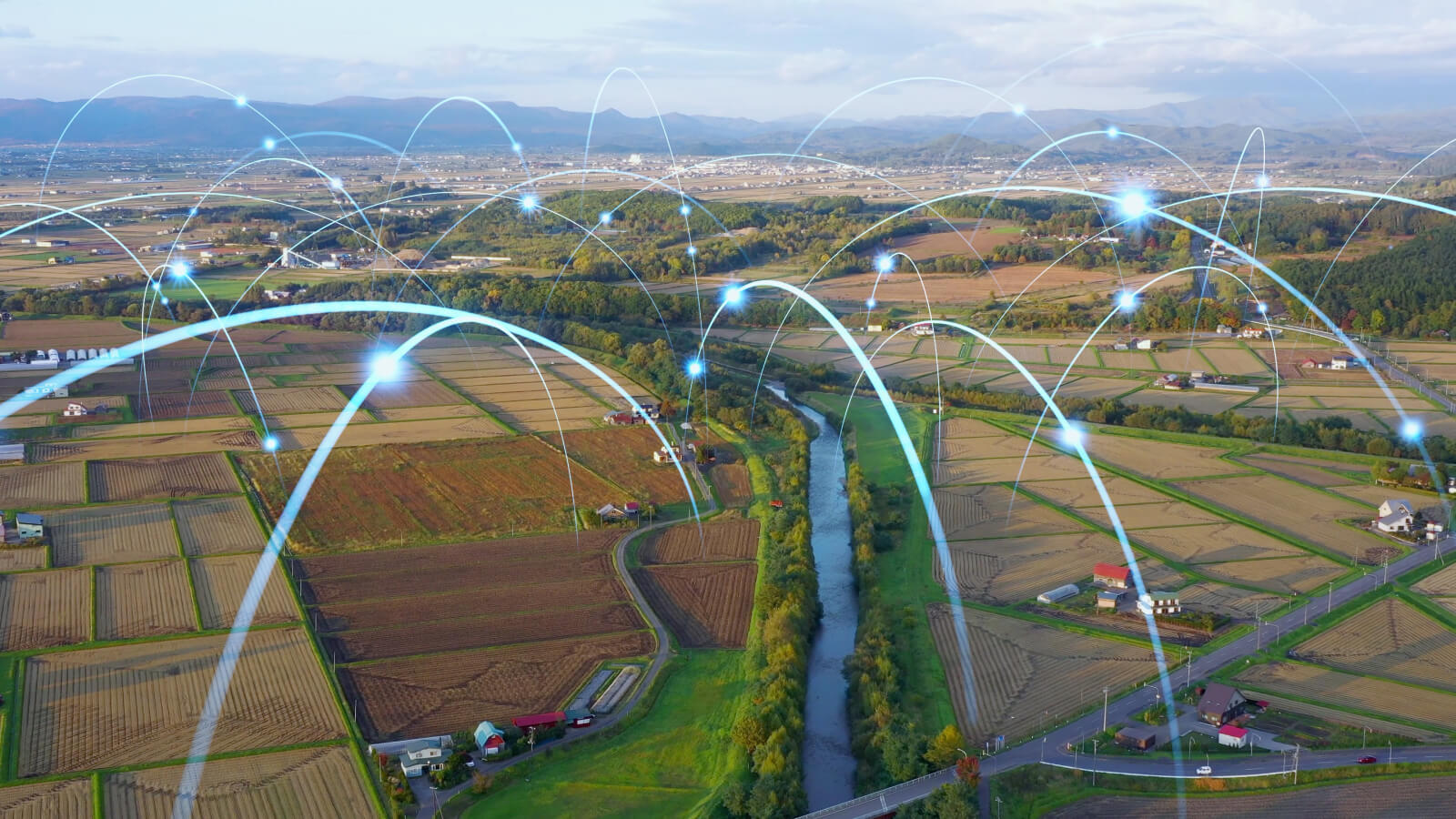
Originally published in Forbes.
What a change we’ve seen in just the past few years. Ten years ago, corporate sustainability initiatives were largely regarded as publicity stunts, environmental stewardship was considered the purview of NGOs and consumers, and serious sustainability was about as far from most companies’ corporate radars as possible.
Now, a greater number of companies than ever before are stepping up to do the very real work that’s needed around sustainability in order to ensure that we continue to have a safe and healthy planet on which to do business decades from now. Leaders like Jeff Bezos and Larry Fink are taking a stand for green business practices and driving their vast networks of suppliers, investors, customers and partners in the direction of greater sustainability.
It is by leveraging business networks like these that we stand the best chance of achieving the change we need to see in the coming years. As technology leaders, we have more power than most to correct the damage that has been done against the planet by empowering fellow businesses and consumers alike to correct the wrongs of the past and build a future that is greener, cleaner and more equal for all.
At the recent U.N. Conference of the Parties (COP26) in Glasgow, the call for businesses to do their part came through loud and clear.
“We cannot, and will not, succeed by government spending alone,” British Prime Minister Boris Johnson said in his opening address. “We in this room can deploy hundreds of millions, but the market has hundreds of trillions, and the task now is to work together to help our friends to decarbonize.”
Not only are businesses likely to see regulatory pressure brought to bear against them in the coming years, but there will almost certainly be strong financial pressure to go green as well. At this point, more than 450 major investors, banks, hedge funds and insurers have joined BlackRock, Citi, Morgan Stanley and Bank of America in declaring their desire to green their financial portfolios over the coming decades.
In building this brave new world, the role of technology companies will be twofold. First, those that have not already done so need to get their own houses in order. Though the vast majority of technology companies do not produce physical goods, the carbon footprint of the technology sector is profound. From powering server farms and using rare-metal-laden semiconductors to sponsoring employee travel and even issuing company swag, the cost of everything we do must be recalculated not only in terms of dollars and cents but in how it impacts the world we all share.
Some companies are doing a great job with this. For example, SAP—one of our integration partners—recently released Product Footprint Management that supplements the platform’s existing models with sustainability data, allowing SAP customers to analyze, visualize, collect and ultimately manage the carbon footprint of individual products. This, in turn, allows consumers to be better informed about the carbon footprint and social impact of individual products in the store, supermarket or other points of purchase.
“So far, our systems have been used by our customers for decades to manage their material resources and their financial resources,” SAP Chief Sustainability Officer Daniel Schmid said in a recent episode of the company’s NextGen video podcast. “Adding in the green dimension—greenhouse gas emissions—in the data models, that makes a huge, huge difference.”
The second imperative of the technology sector—and, in my mind, the most important—is to help the world decarbonize. Technology companies are the connective tissue of the global business apparatus. We are in a better position to drive and facilitate change than even the governments of the world. The power we have to address this mounting crisis is tremendous, and it’s time we began using it.
This begins with helping businesses, governments and organizations alike see where their biggest sources of carbon emissions, waste and other unsustainable practices lie. Climate change can often seem like a monolith, and the challenge of solving it can seem insurmountable if one doesn’t know where to start. As builders of solutions and gatekeepers of the world’s data, it is our job to show everyone else where to start.
Everyone’s path is different. However, every organization will have low-hanging fruit. The way forward will invariably involve identifying the easiest improvements to make now and helping create a strategic road map for the changes to make over the coming years and decades.
The simple fact is this: Sustainability is everyone’s problem, and everyone must be part of the solution. However, we can only control ourselves. If we spend our days waiting for “everyone else” to act, it will be too late.
Unquestionably, progress has been made in the past several years, but our work is far from done. Electric vehicles, clean energy, sustainable packaging and greater efficiency at all layers of society are all things we will need to master in the coming decades, and businesses will be the ones leading the way.
None of this has to happen overnight, but it needs to begin now. As the builders, inventors, visionaries and dreamers of the business world, we in the technology sector must be the ones to tell the world: “Here’s where to start.”